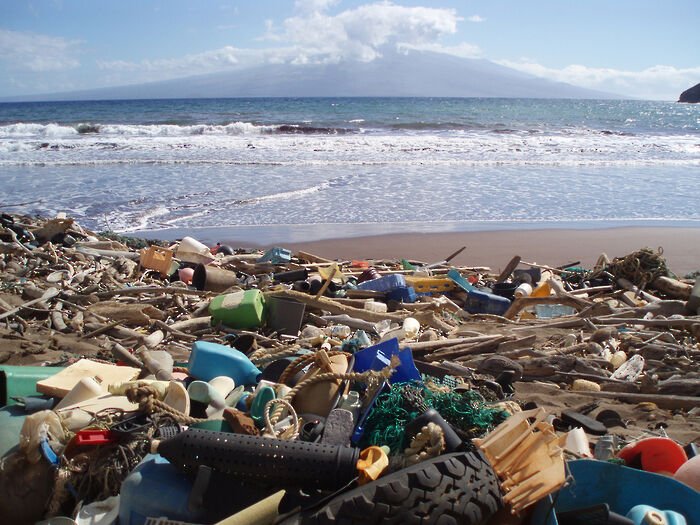‘If food waste were a country…’
Sophie Cook confronts the social and environmental consequences of the food waste crisis

‘If food waste were a country, it would be the third-largest emitter of greenhouse gases after China and the USA.’ Upon hearing global statistics on this scale, I often find the figures so incomprehensible that it’s all too easy to remain shamefully unaffected by them. But what came next really got my attention: ‘Food that is never eaten accounts for 25% of all global fresh water consumption’. I had to know more – surely that couldn’t be correct?
Over the last few years, food waste has definitely been climbing the ranks on our social radar. Hugh Fearnley-Wittingstall’s War on Waste documentary vilified supermarkets for their stringent rejections of so-called ‘wonky veg’ and their disposal of out-of-date produce. But I was shocked to find that in the UK, 70% of post-farm gate food waste actually happens at home. In a study by the Waste & Resources Action Programme (WRAP), it was found that in the UK, we use an area the size of Wales to produce food and drink that ends up going to waste. What’s more, the average UK family throws away 22% of their weekly shop – costing them around £800 per year! Globally, the picture is even worse. It’s estimated that over one third of all food produced worldwide goes to waste. That’s equivalent to a land mass the size of China being used to grow food that is never eaten! This results in enormous market inefficiency and an estimated annual loss of $984bn.
"There is no excuse for not sharing food within our community"
Aside from economic absurdity, there are also shocking social implications of our food waste habit. The Food Aid Foundation estimates that 800 million people go to bed hungry every night. That’s 1 in every 9 people on earth. And yet of these people could be fed on less than a quarter of the food wasted by the USA and Europe each year. This is not an issue we in the West can detach ourselves from either – over one million people in the UK used a food bank last year and 40 million Americans are living in food poverty.
You could be forgiven for thinking that when you chuck food in the bin, it’s a short-term use of landfill space which will quickly decompose. While food does biodegrade much faster than synthetic materials like plastic, it still exacts a significant environmental cost. Anoxic landfill conditions mean food waste is broken down by methanogenic microbes, generating methane – a greenhouse gas 30 times more potent than carbon dioxide. The FAO estimate that food waste is responsible for 8% of global greenhouse gas emissions.
While these stats are all very depressing and rather hard to relate to, there is good news. Since so much of this goes on in our own homes, we can all do something about it. Food sharing forums are experiencing explosive growth as public awareness increases. OLIO, a popular food sharing app, now boasts over 700,000 users across 48 countries. Local initiatives like our own college food sharing forums are also growing and demonstrate public willingness to change. After all, who doesn’t love free food?
Sadly, in the UK we waste the meat of 120 million chickens each year. We also throw away 20 million slices of bread and 900,000 bananas daily! Simple lifestyle changes really can make a difference. Our hectic Cambridge lives may not be the most conducive to rigorous meal planning, nor our tiny fridges facilitative of food preservation. However, there is no excuse for not sharing food within our community. Many ‘OLIOers’ express concerns about whether other people will actually want their leftovers; but research has found that over 50% of listings are claimed within two hours of posting! Whatever you have going, there will always be a better home for it than in the bin.
 Comment / Plastic pubs: the problem with Cambridge alehouses 5 January 2026
Comment / Plastic pubs: the problem with Cambridge alehouses 5 January 2026 News / Cambridge businesses concerned infrastructure delays will hurt growth5 January 2026
News / Cambridge businesses concerned infrastructure delays will hurt growth5 January 2026 News / Cambridge academics stand out in King’s 2026 Honours List2 January 2026
News / Cambridge academics stand out in King’s 2026 Honours List2 January 2026 News / AstraZeneca sues for £32 million over faulty construction at Cambridge Campus31 December 2025
News / AstraZeneca sues for £32 million over faulty construction at Cambridge Campus31 December 2025 Interviews / You don’t need to peak at Cambridge, says Robin Harding31 December 2025
Interviews / You don’t need to peak at Cambridge, says Robin Harding31 December 2025










